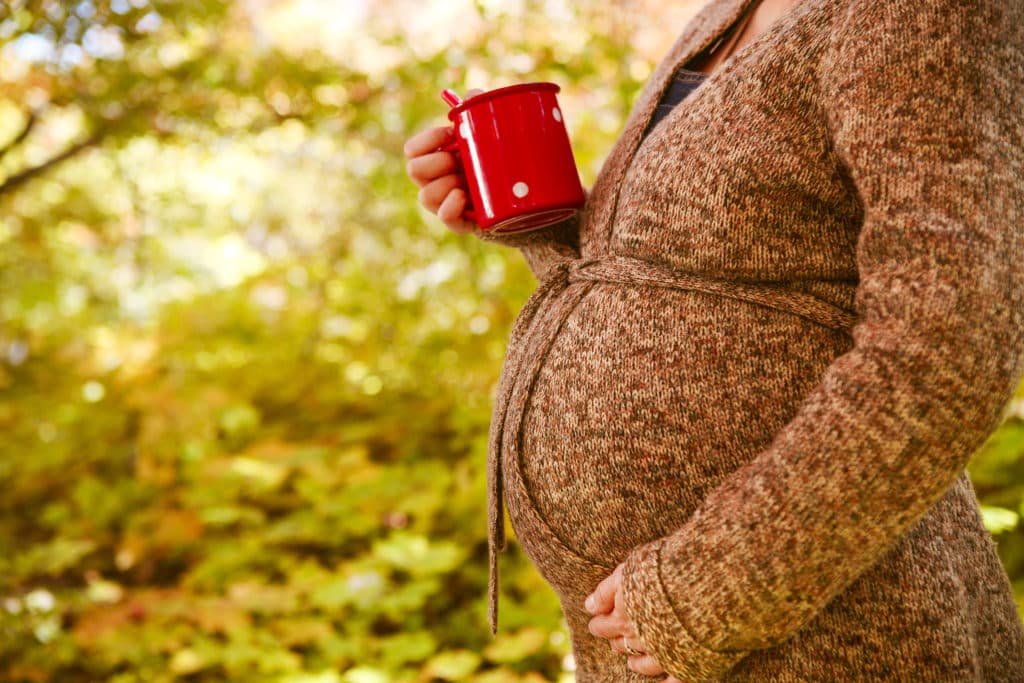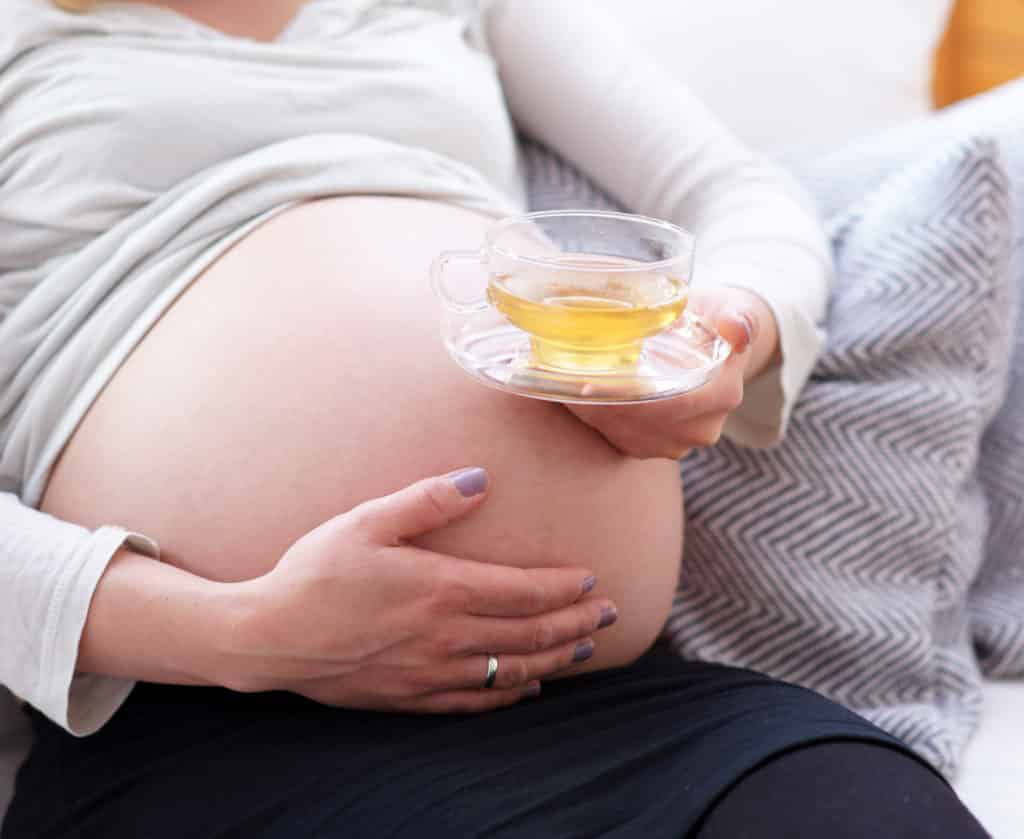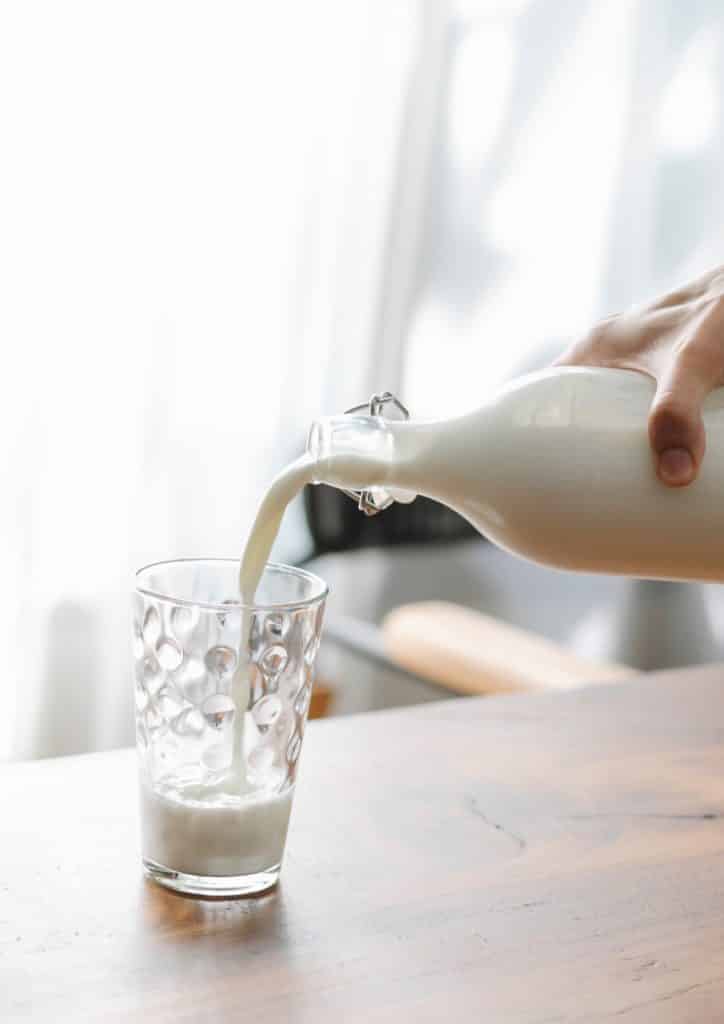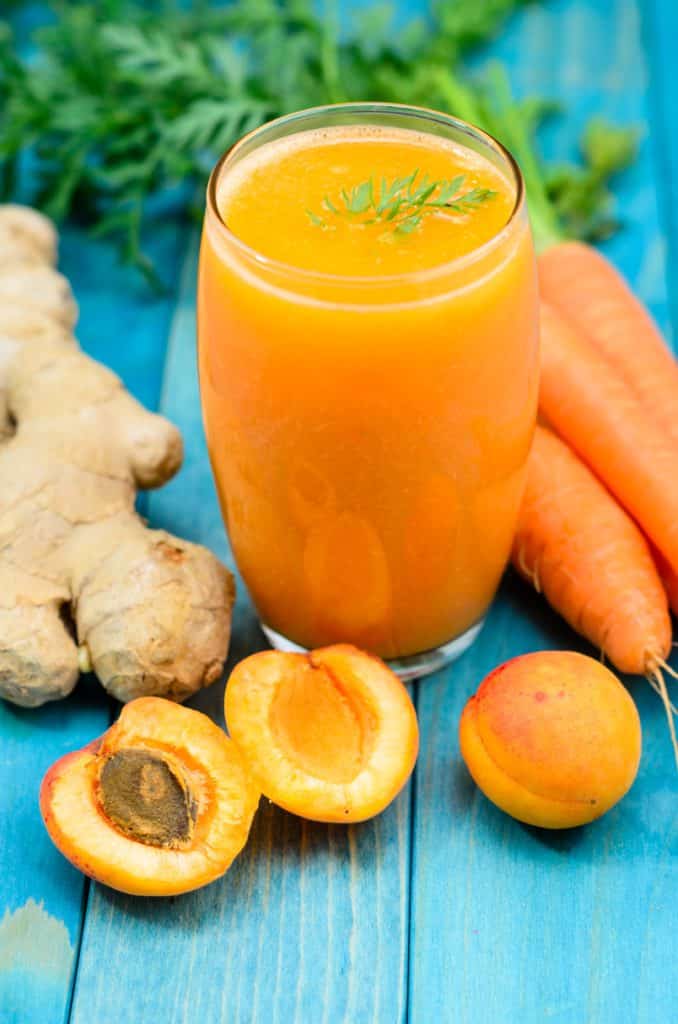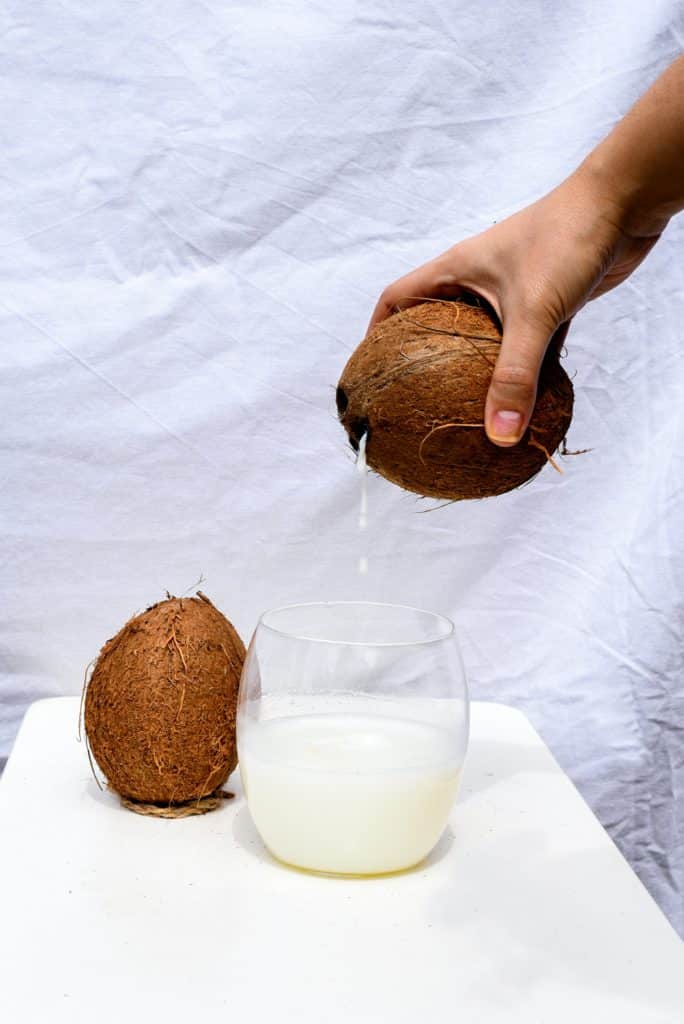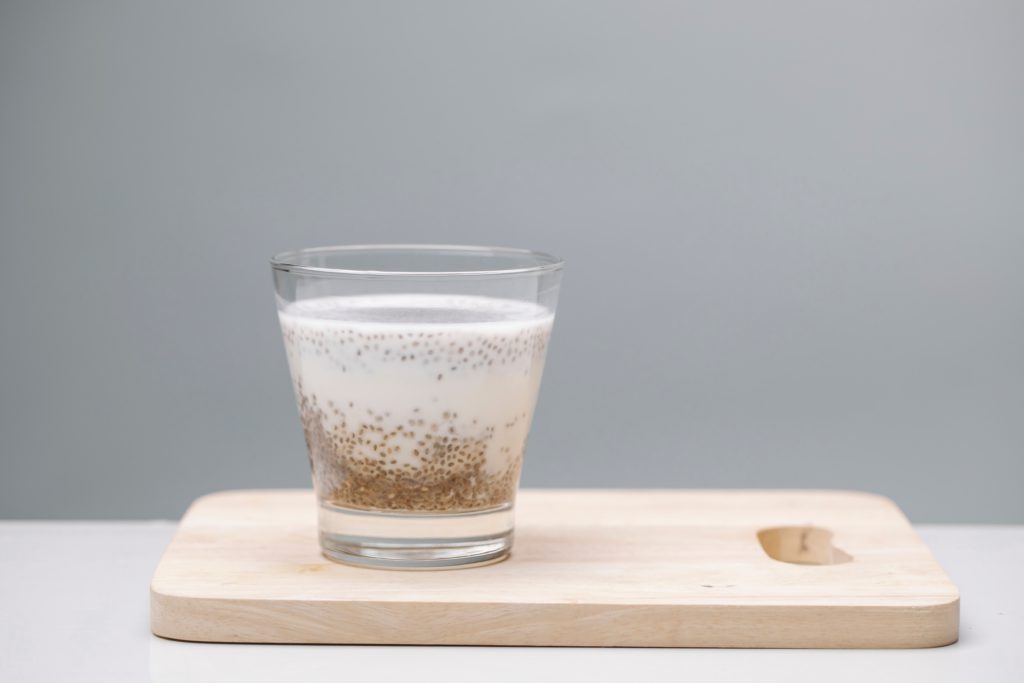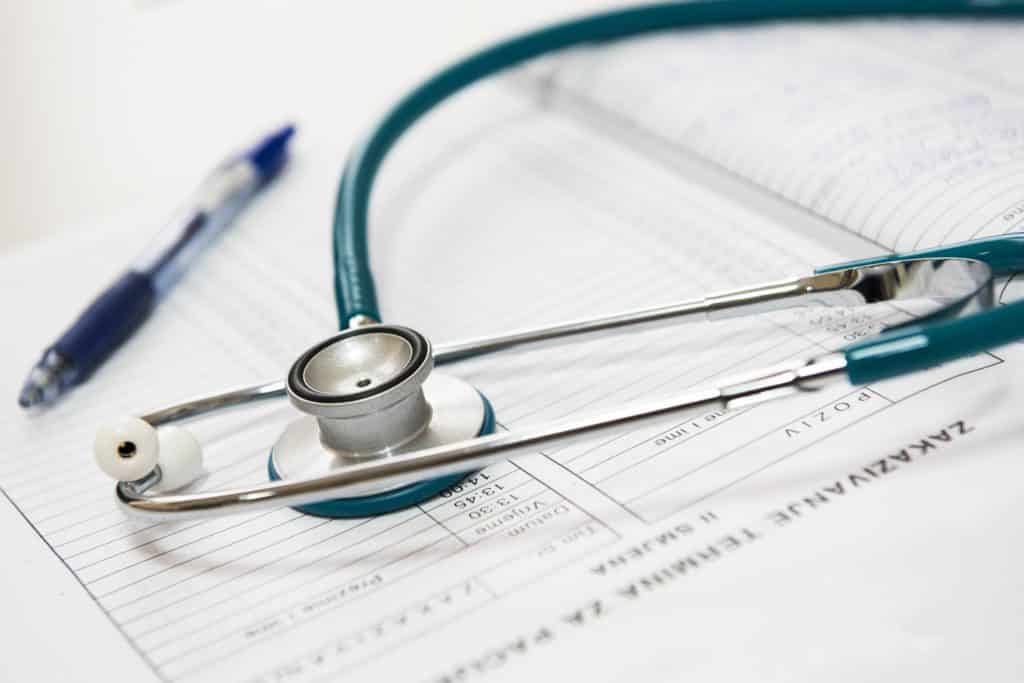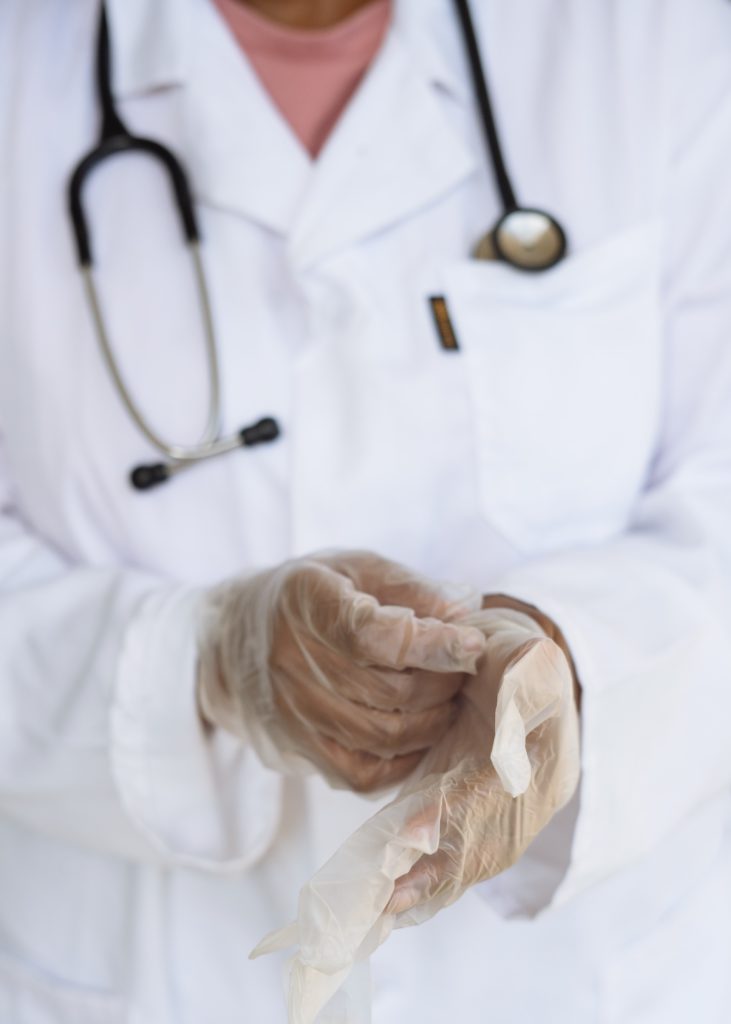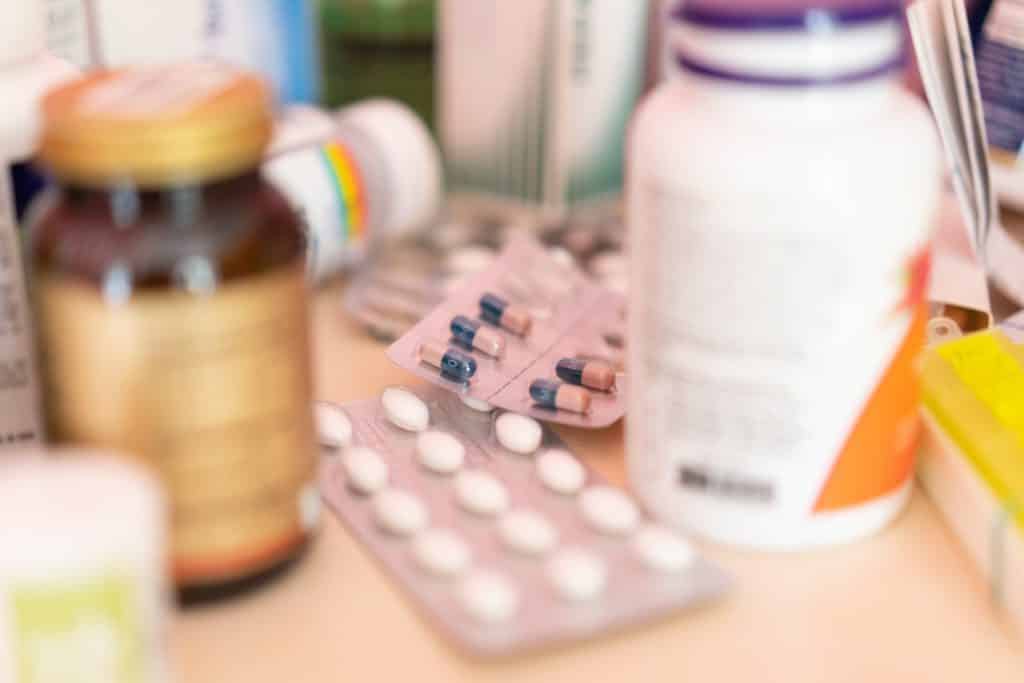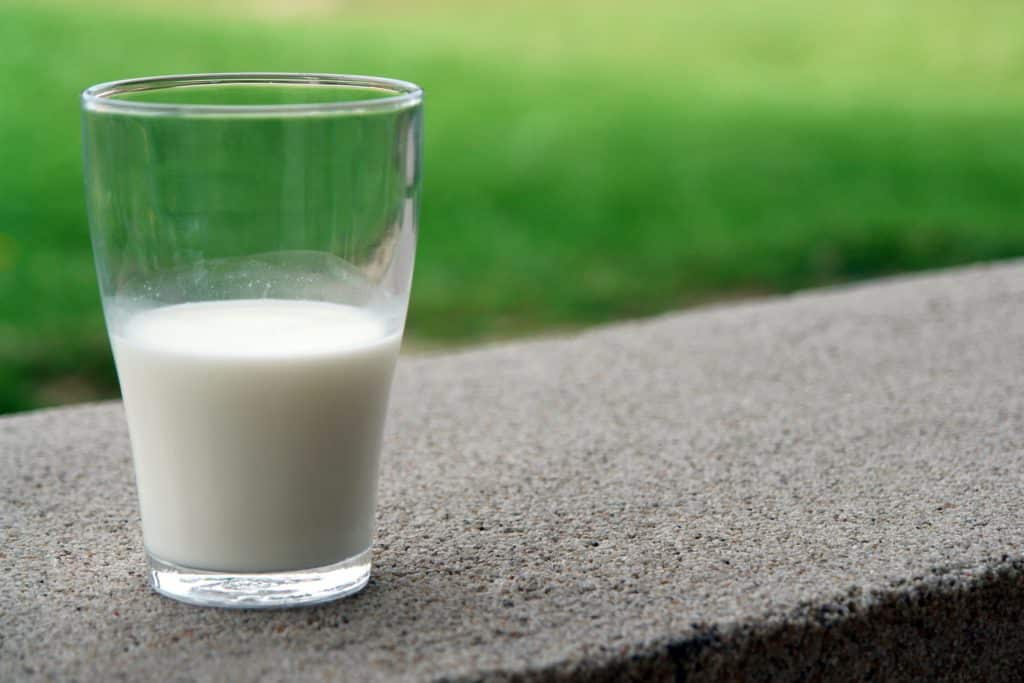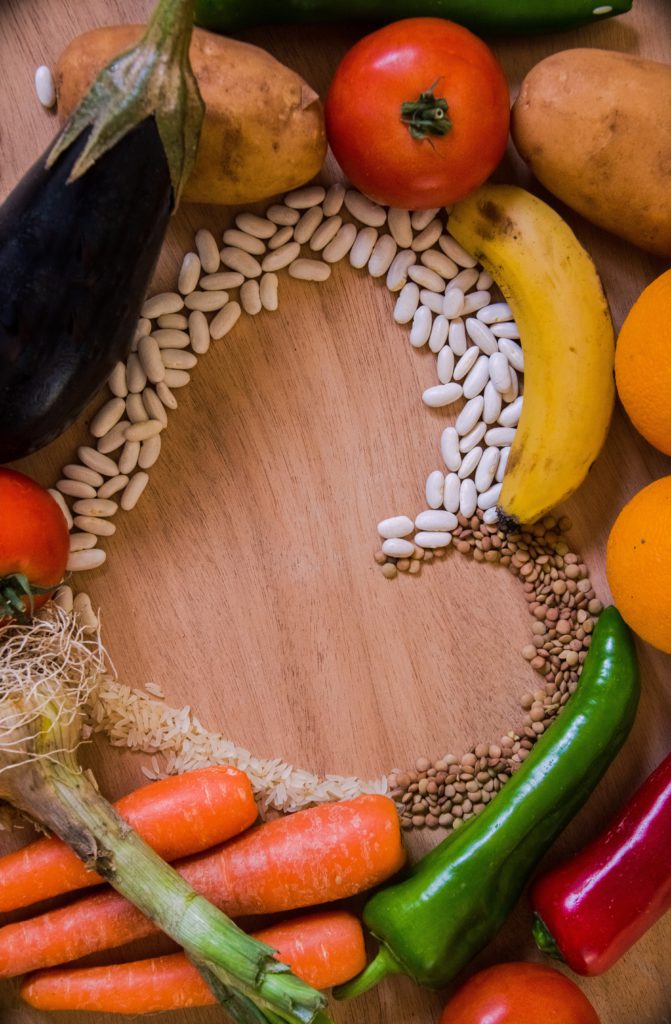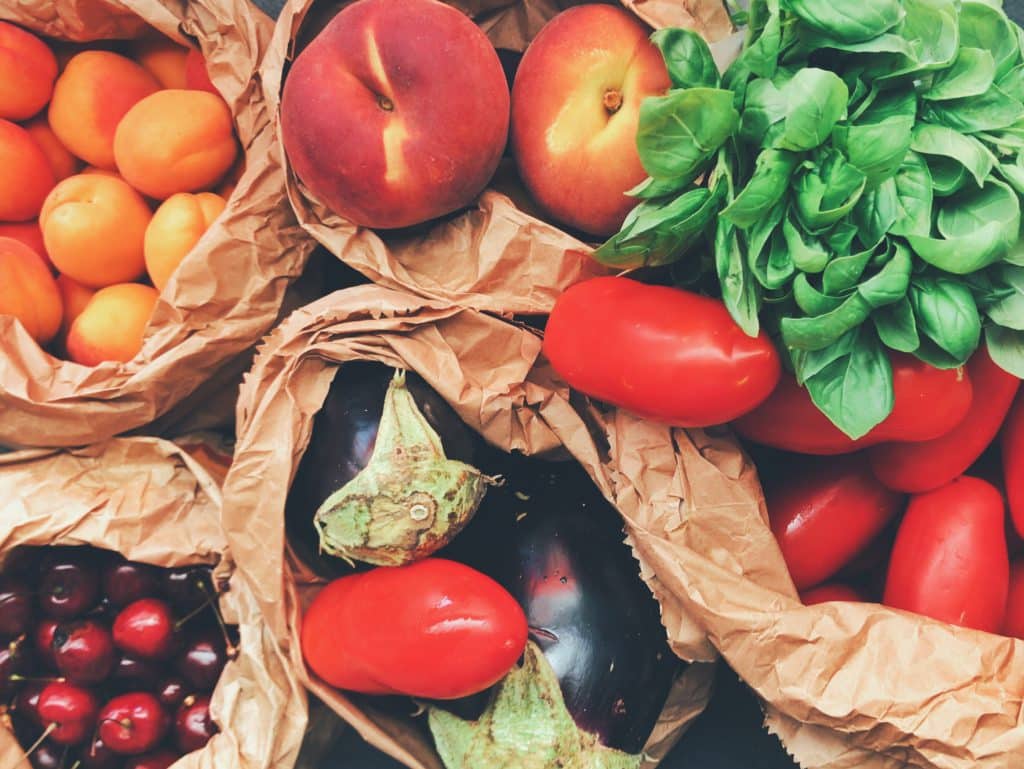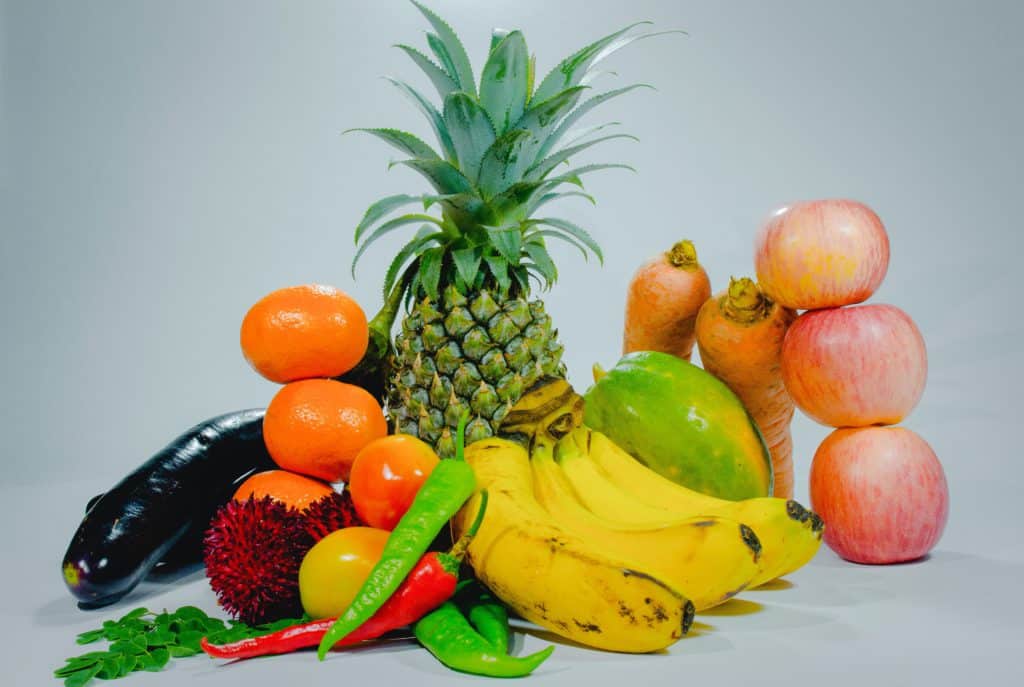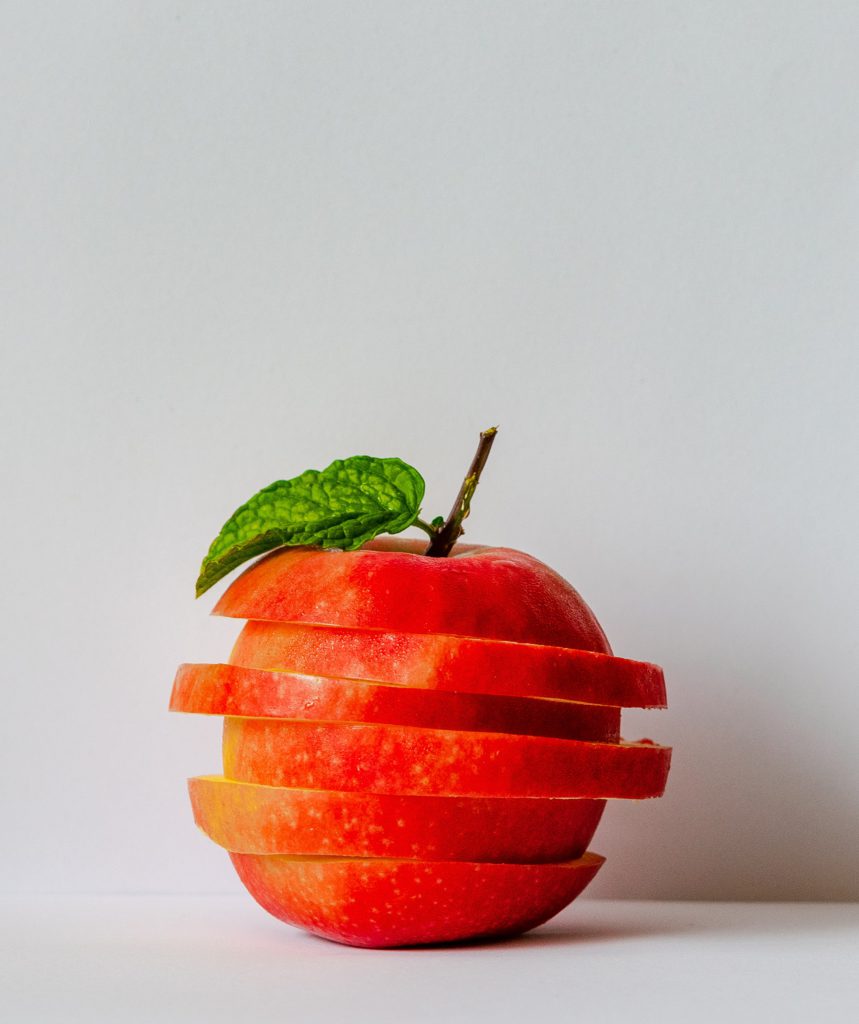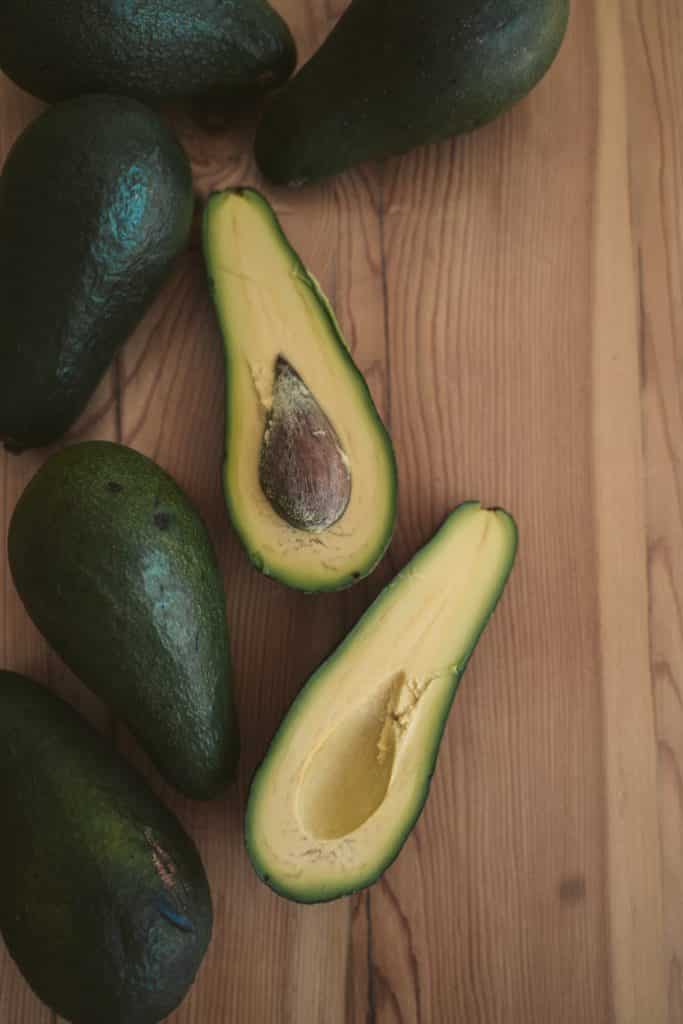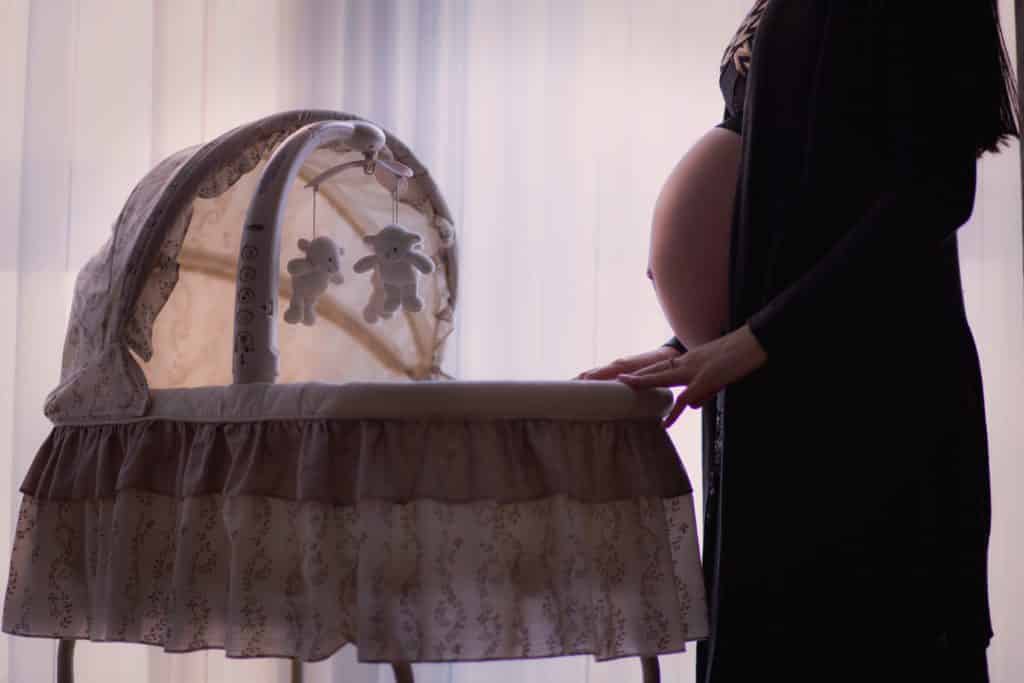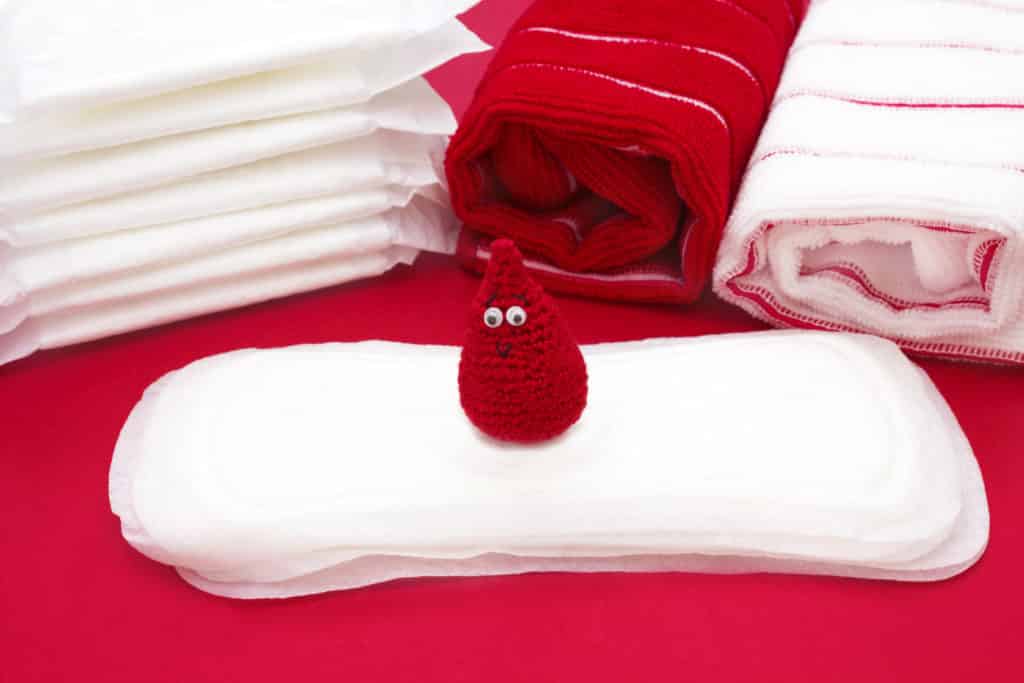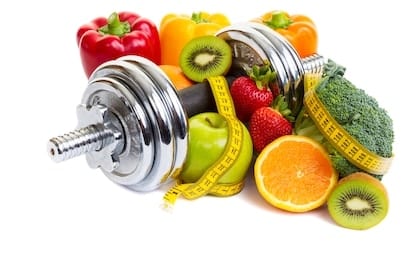The choice of how to supply her baby with the nutrients necessary for proper development is important for every new mom. Although this is a personal decision, breastfeeding has so many exceptional benefits for both you and your baby. In this article, we’d walk you through 11 interesting facts about breastfeeding and why it is an option worth trying.
Why Is Breast Milk Important?
It would interest you to note that the American Academy of Pediatrics recommends six months of exclusive breastfeeding for every child. In fact, the Academy advises moms to continue breastfeeding for the first year, irrespective of the introduction of solid foods.
Breast milk supplies babies with the perfect nutrition package. It has the right amount of nutrients, vitamins, and even water that every child needs in the early stages of life. In addition to this, breast milk is readily available and can be digested easily.

The World Health Organization (WHO) advises that breastfeeding continues until a child is about two years of age because the advantages of this process extend even up to that period. It is important to note that these recommendations are well-founded in facts, and in this article, we’d let you know all about those facts.
Read on to find out 11 interesting (and medical) facts about breastfeeding.
Interesting Breastfeeding Facts for Babies
1. Breastfeeding Supplies the Perfect Nutrition Package.
Do you know breast milk contains every single thing your little one needs for the first six months of life? And in the right proportions too? In fact, the constituents of breast milk even change to suit your baby’s needs in the various developmental stages.
Averagely, each ml of breast milk contains:
- 87% Water
- 7% Lactose (milk)
- 4% Fat
- 1% Protein
In the first few days after childbirth, your breast would produce a thick and yellowish fluid called colostrum. This colostrum is quite rich in protein (much more than the 1% present in average breast milk), sugar, and other beneficial compounds. Colostrum helps kick start your baby’s digestive tract and immune system.
2. Breast Milk Contains Immune Boosting Properties
Breastfeeding supplies your baby with essential antibodies which boost his/her immune system. Every day, babies (and adults too) are exposed to harmful viruses and bacteria in the environment. Effective breastfeeding provides the compounds necessary to fight off these harmful agents in the earliest months of life.

Colostrum, the type of breast milk produced right after birth, contains high amounts of Immunoglobulin (A) which is an essential part of your baby’s immune system. Furthermore, when a breastfeeding mom is exposed to viruses or bacteria, her body produces antibodies that fight off any possible infection. Eventually, these antibodies go into the breast milk and are passed to her baby via breastfeeding.
Amazing, right?
3. Breastfeeding Reduces the Risk of Childhood Diseases
For this, exclusive breastfeeding is crucial. Exclusive breastfeeding simply means that a baby only receives breast milk for at least the first six months of life.
The antibodies present in breast milk would greatly reduce the risk of various childhood diseases and infections like:
- Common Cold
- Respiratory Tract Infections
- Intestinal Damage
- Ear Infection
- Sudden Infant Death Syndrome
- Allergies
- Diarrhea
In addition to the antibodies supplied by breast milk, it also contains substances that naturally soothe your baby, preventing uneasiness or discomfort.
4. It Helps Children Reach the Healthy Baby Weight
The average birth weight for healthy term babies is around 7.5 pounds (3.5kg). Although this figure varies in the first few weeks of life, breastfeeding promotes healthy weight gain and even prevents obesity in children.
Breast-fed babies possess high amounts of helpful intestinal bacteria, which improves fat storage, utilization, and distribution. In fact, such babies have more blood leptin (the hormone which regulates appetite and fat distribution) than infants who received only formula.
In addition, babies set the pace during breastfeeding. Therefore, they are able to self-regulate their food intake. This helps breastfed babies develop healthy appetites and eating patterns.
5. Breastfeeding Can Make Your Baby Smarter
Do you want your baby to ace every test? Or get acceptance letters from all Ivy League schools? You should consider breastfeeding. Medical studies suggest that breastfeeding aids brain development and eventually makes babies smarter.
According to most researchers, the relationship between breastfeeding and intelligence may be associated with the close physical and eye contact, as well as the intimacy involved in breastfeeding.
6. Breastfeeding Aids Taste Development
As breastfeeding progresses, the composition of breast milk changes to suit your baby’s needs per time. Interestingly, this also includes changes in taste. Breastfeeding exposes your child to different tastes and flavors, which improves his/her ability to recognize and appreciate various tastes.
7. Breast Milk Is Always Ready
For babies, there is no ready-to-eat meal better than breast milk. It would interest you to note that it is always at the right temperature and ready to serve at any time of the day. Furthermore, breast milk needs no further preparation before consumption by your little one.

Interesting Breastfeeding Facts for Moms
Remember, breastfeeding is a two-way process; from a mom to her little one. Therefore, we’ve compiled a number of interesting facts about breastfeeding for moms.
8. Breastfeeding Can Help You Lose Weight
This one is quite common. Although some women gain weight while nursing, others may drop some of that post-pregnancy weight while breastfeeding. Usually, this results from the calories burnt during the process.
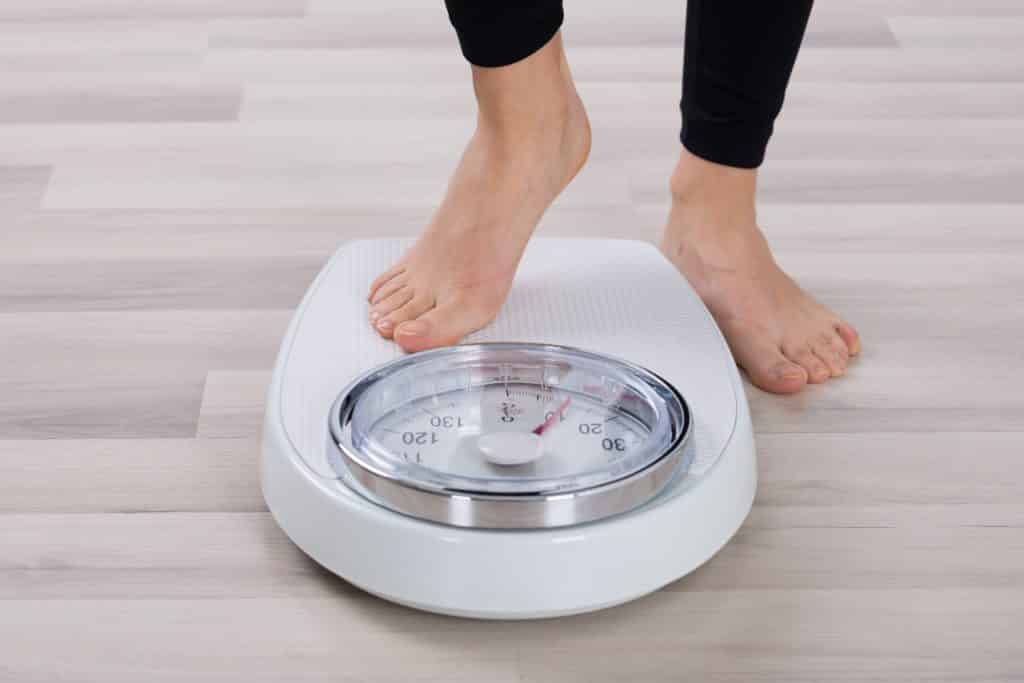
9. Breastfeeding Soothes You
While breastfeeding, the body produces certain hormones like oxytocin and prolactin, which reduce stress and enhance positive feelings. Furthermore, breastfeeding reduces the risk of postpartum depression, which is alarmingly common in today’s society.
10. It Also Reduces the Risk of diseases in Moms
Interestingly, breastfeeding provides long-term protection against breast cancer, ovarian cancer, hypertension and arthritis in most women.

In fact, multiple studies have revealed that women who breastfeed have a lower risk for the following conditions:
- Coronary Heart Disease
- Depression
- Type 2 Diabetes
- Osteoporosis
- Endometrosis
11. Breastfeeding Is Cost Efficient
Our last interesting fact about breastfeeding is fairly straightforward: It Is Cheaper.
In fact, breastfeeding is 100% free. Apart from any external expenses (like a lactation consultant’s fees or the cost of a breastfeeding support group), breastfeeding comes at no cost to the family.
A Final Note from Edie & Amy
Breastfeeding has many benefits for both the mother and her child. In fact, these benefits are expressed in how many reputable health organizations recommend breastfeeding for as long as possible.
Remember that breast milk is naturally designed to provide your child with everything he/she needs to grow well, fight off diseases and become a smart adult. As a plus, there are also many benefits of breastfeeding for you as a mom.
As usual, we’re always here to guide you through the process, Mama!

